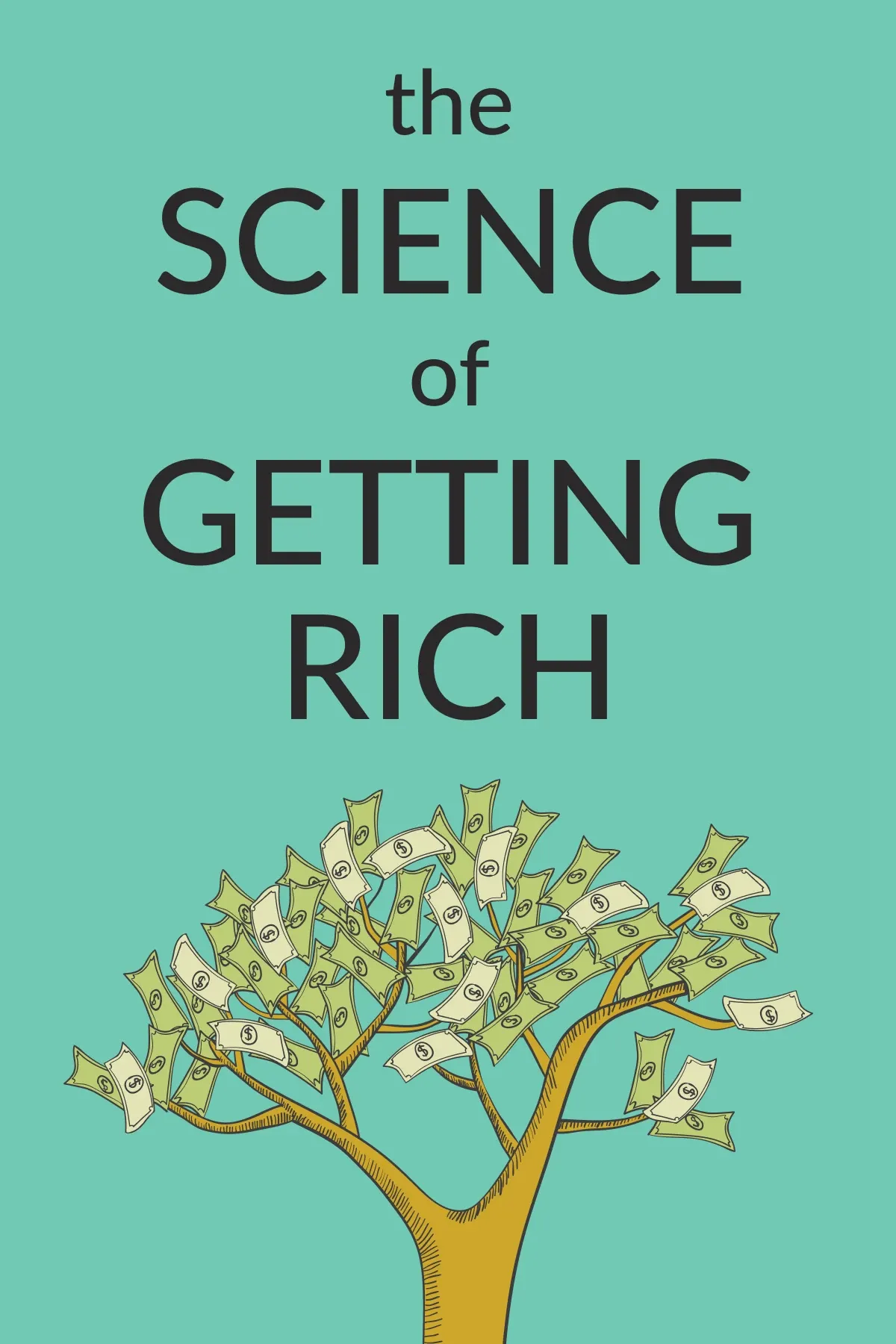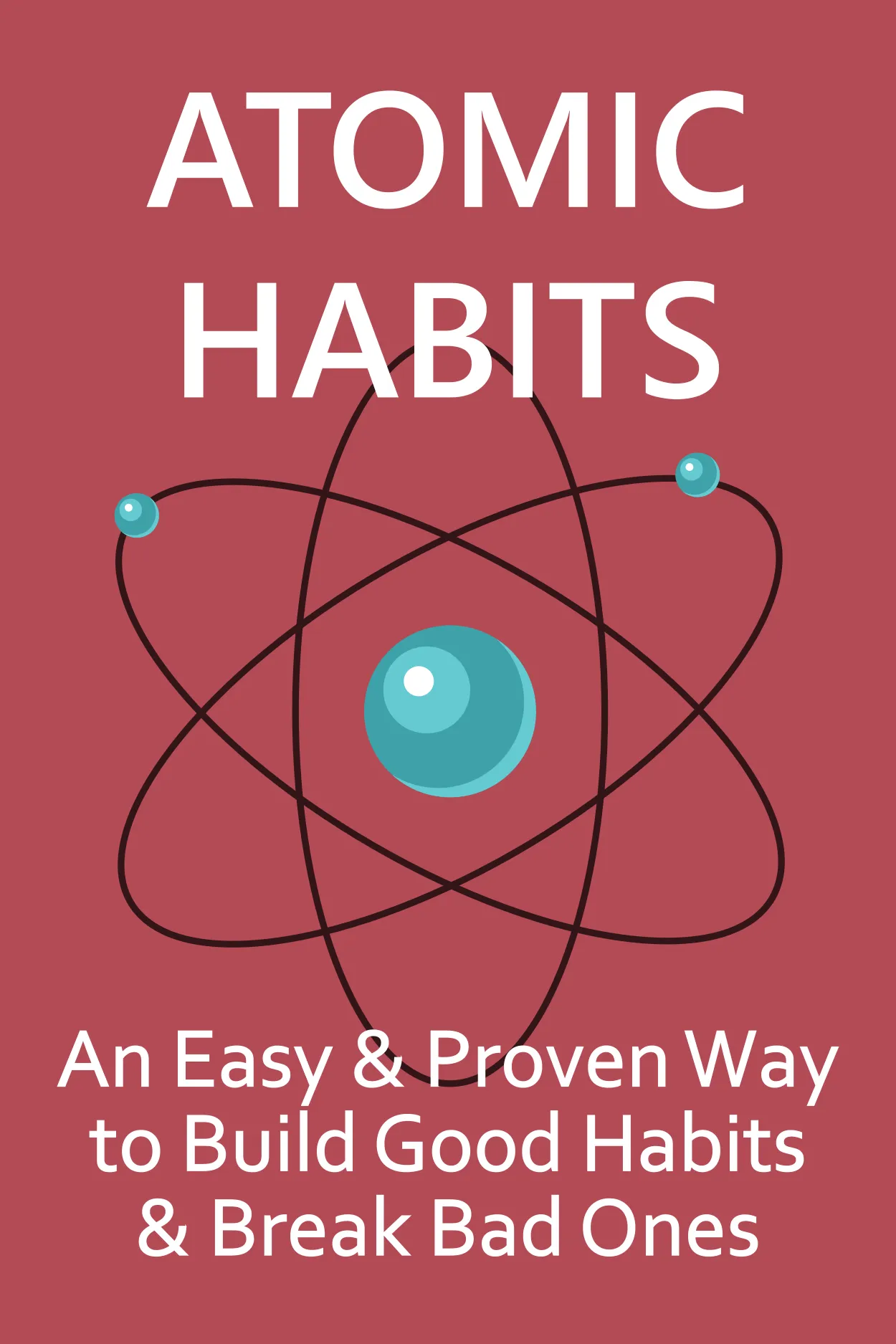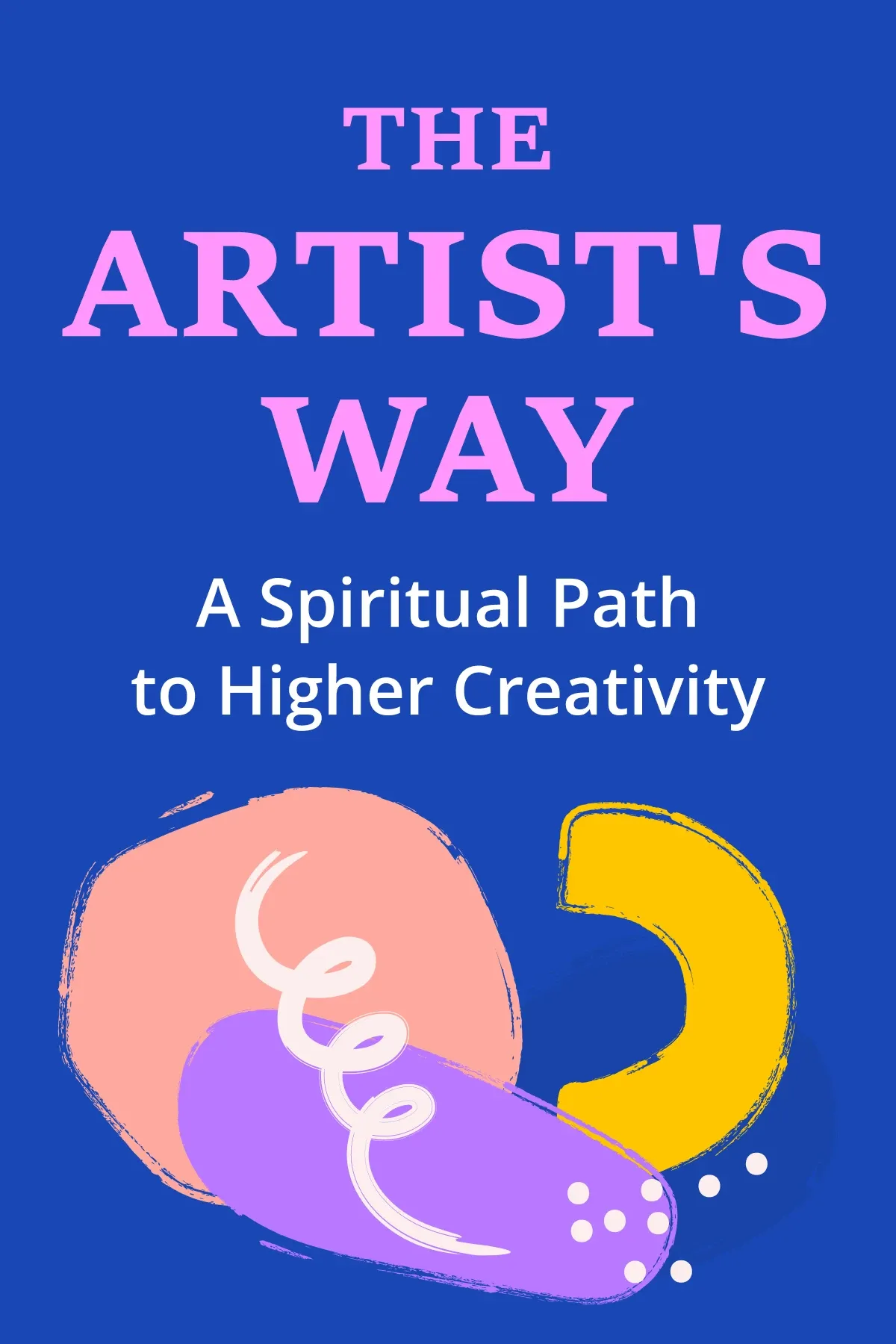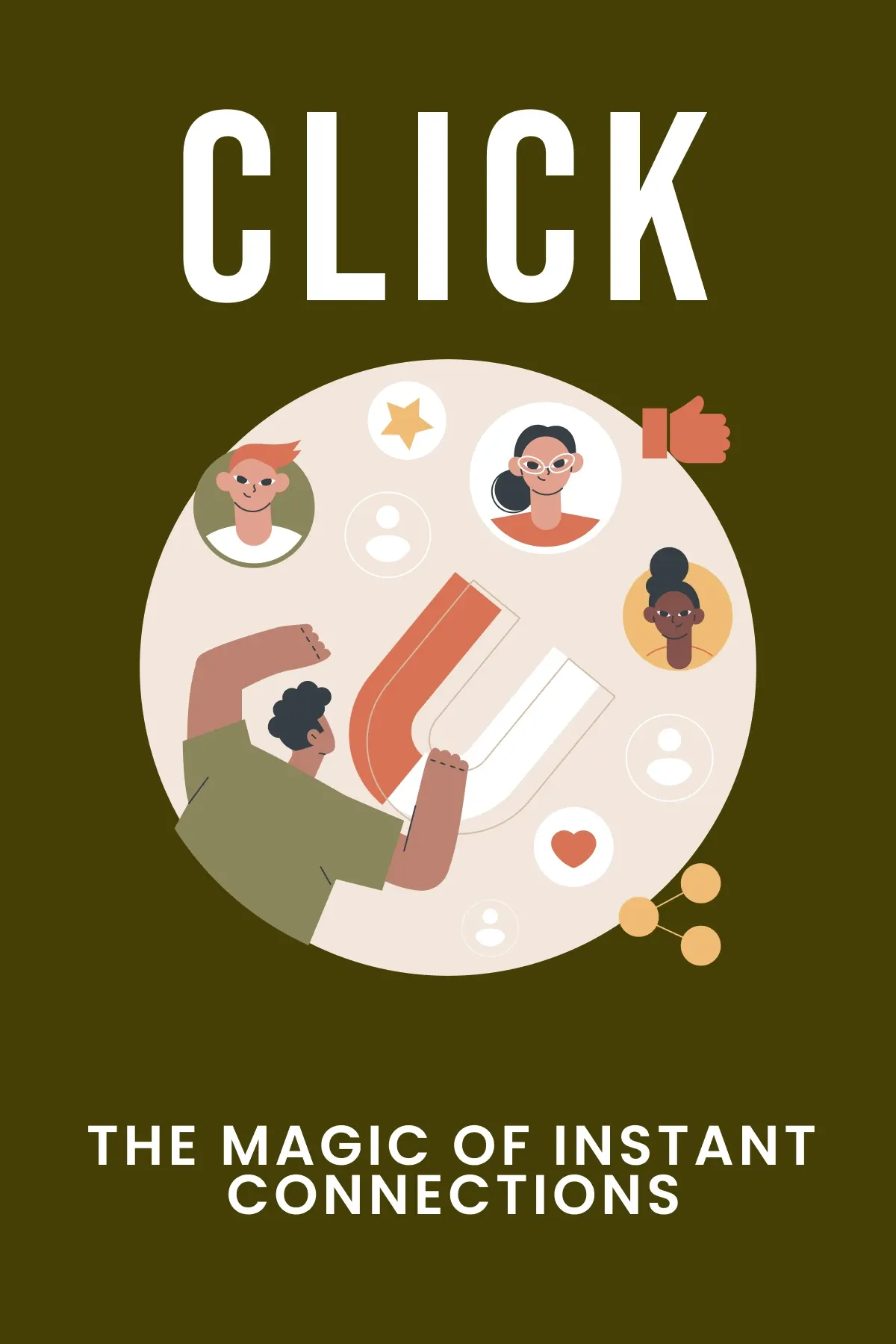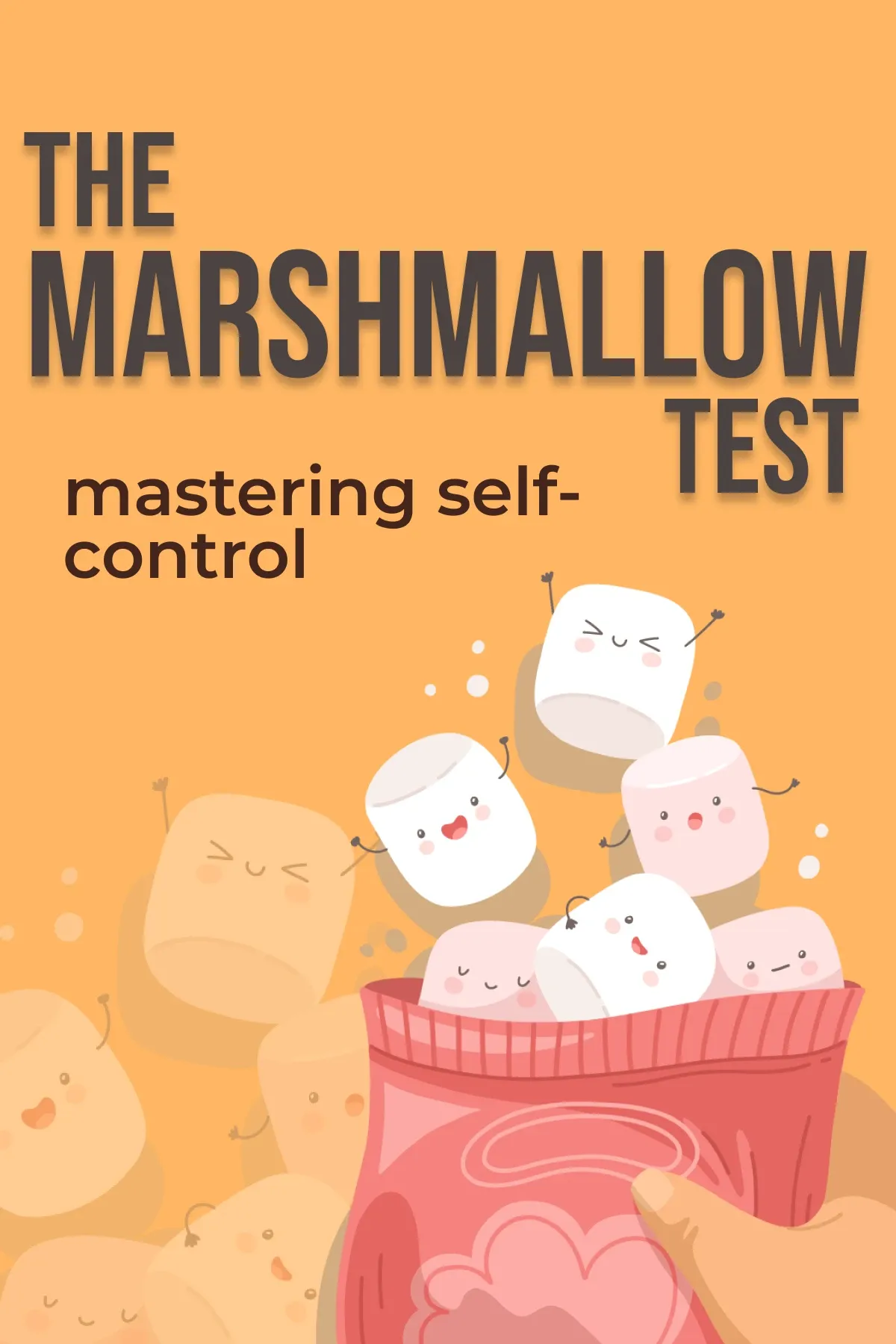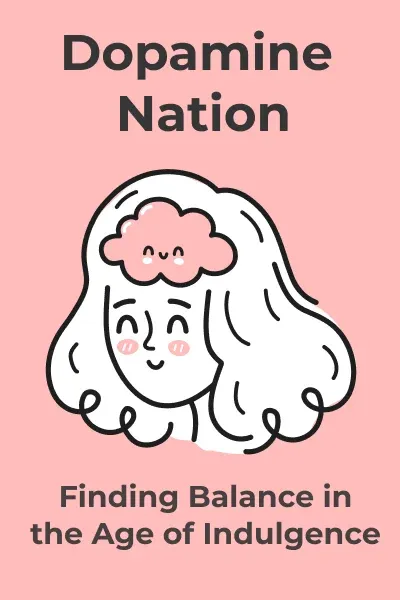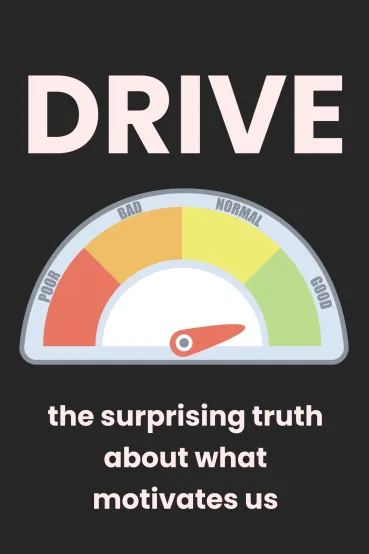
Drive
Brief Summary
“Drive” by Daniel H. Pink illustrates what success and satisfaction from life and work are all about. You will learn why autonomy is so important in your decisions and actions. The author will teach you strategies to improve your motivation and abilities and to transform your life.
Topics
Key points
Key idea 1 of 7
What did people want most in primitive societies? Daniel Pink labels survival and biological needs as Motivation 1.0. On the second level, people seek approval and try to avoid punishment. This Motivation 2.0. has benefited the economic sphere in the last 200 years.
In the 20th century, American engineer Frederick Taylor investigated this drive as "scientific management," based on “carrots and sticks” for work performed or not performed. However, the world never stands still, and new perspectives emerge. Abraham Maslow, the founder of humanistic psychology, created a new vision. Nowadays, Motivation 2.0 is incompatible with how we think about our work and how we do it. In other words, when salary no longer motivates work, we need to review our perception of rewards and punishment in order to be effective.
Let's consider an example. The hospital management told a doctor that he would receive a bonus if patients started getting more tests in the hospital's laboratory. The more tests, the bigger the bonus. Even though he previously tried to ensure that his patients only did what was necessary, now money stands between them. He starts directing more and more people to the laboratory, even though it's not necessary for their treatment. As a result, the number of patients decreases; they'll find another specialist who isn't trying to profit from them.
Interestingly, financial pressure stops creative professionals from performing their jobs well. If you ask two designers to create a new website project, the one offered money for quick work will produce a worse version. In a study, participants were asked to hit targets with tennis balls. They cracked under the pressure of potentially earning five months' pay. Thus, the greater the financial reward, the lower the work quality.
This is called *the Sawyer Effect* in action. External rewards destroy interest in work, creativity, and performance quality. How does it manifest? The desire to do the task fades due to conditional rewards. Productivity decreases if not influenced by financial incentives. Attention span decreases, leading to a loss of creativity. Lastly, unproductive behavior and actions outweigh productive ones, leading to various addictions and legal problems.
FAQ
You may also like these summaries


